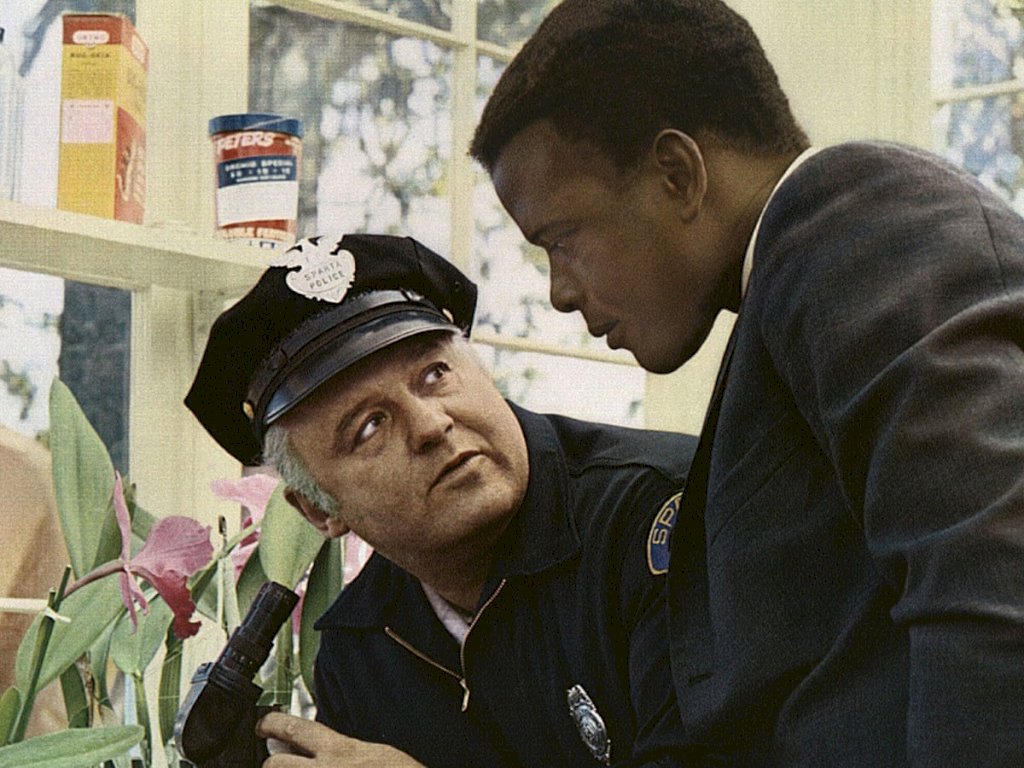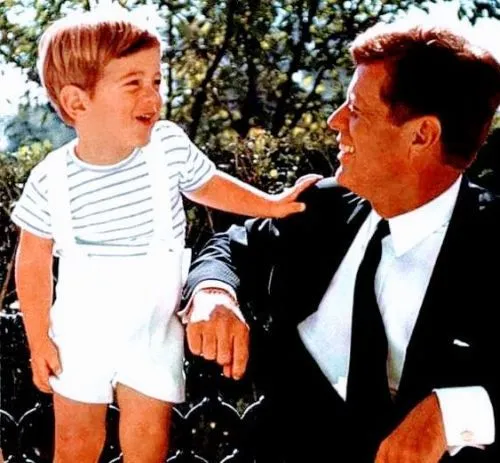"In the Heat of the Night" is a television series that has left an indelible mark on the landscape of American television. A potent blend of crime drama, social commentary, and unforgettable characters, the show captured the essence of a turbulent period in American history while tackling issues that still resonate today. In this comprehensive article, we will explore the history, themes, characters, and lasting impact of "In the Heat of the Night."
(Watch the video below)

Plot Summary

The story unfolds when a prominent industrialist named Philip Colbert is murdered in Sparta. The local police, headed by Chief Bill Gillespie (Rod Steiger), discover the body and start investigating the crime. The murder throws the town into turmoil, and there is immense pressure on the police to solve the case quickly.

Enter Virgil Tibbs (Sidney Poitier), a highly skilled and sophisticated black homicide detective from Philadelphia, who happens to be passing through Sparta on his way back home. Suspicion falls on Tibbs, and he is immediately taken into custody by the racist police force, who believe that a black man could never be a qualified detective. However, when they learn of his impressive track record, they reluctantly enlist his help to solve the murder.

Despite the overt racism and animosity directed towards Tibbs, he displays remarkable professionalism and competence in his work. His partnership with Chief Gillespie is strained initially, but as they work together, the barriers of prejudice slowly begin to break down. The film portrays the uneasy alliance between the two men, who, despite their differences, share the common goal of finding the real killer.
As the investigation progresses, Tibbs faces various challenges due to the deeply ingrained racial prejudices prevalent in the small Southern town. The residents of Sparta are openly hostile towards him, making it difficult for him to gain any meaningful cooperation. Yet, Tibbs persists and manages to make significant breakthroughs in the case.
Themes of Racism and Prejudice
At its core, "In the Heat of the Night" is a powerful exploration of racism and prejudice in America. Set in the midst of the civil rights movement, the film depicts a time when racial tensions were at their peak. The character of Virgil Tibbs stands as a symbol of the struggle faced by African Americans who had to overcome societal prejudices to prove their worth and capabilities.

The film doesn't shy away from depicting the ugly face of racism. Tibbs experiences various instances of discrimination and hostility throughout the story. From being presumed a criminal simply because of his skin color to being verbally abused and disrespected, Tibbs faces the everyday reality of racism in the Jim Crow South. Yet, he stands his ground and refuses to be silenced by the bigotry around him.
The Role of Virgil Tibbs
Sidney Poitier's portrayal of Virgil Tibbs is iconic and groundbreaking. At a time when opportunities for black actors were limited, Poitier's performance not only demonstrated his remarkable talent but also became a symbol of hope for African Americans. Tibbs is intelligent, composed, and dignified, displaying a level of sophistication that challenges the racial stereotypes of the era.
Through Tibbs, the film showcases the frustration and resilience of black individuals who had to navigate a world where their competence and accomplishments were often overshadowed by the color of their skin. He is not only a symbol of African American empowerment but also a representation of justice and truth. Tibbs stands firm in the face of adversity, fighting for justice even in an unjust environment.
Police and Justice

Another significant theme explored in the film is the role of the police and the pursuit of justice. Chief Gillespie, initially consumed by racial prejudice, slowly learns to respect Tibbs and begins to question his own biases. The relationship between Tibbs and Gillespie is central to the film's narrative, highlighting the potential for growth and change even in the face of deep-seated prejudice.
The film also examines the concept of justice in a society plagued by racial injustice. The murder investigation exposes the shortcomings of the local police force, demonstrating the importance of objectivity and professionalism in law enforcement. Tibbs' presence challenges the systemic racism within the police department, forcing them to confront their biases and rethink their assumptions.
Social Commentary and Cultural Impact
"In the Heat of the Night" was released during a turbulent period in American history, and its social commentary on racial prejudice and civil rights struck a chord with audiences. The film was praised for its unflinching portrayal of racism and its candid examination of the complexities surrounding race relations in the United States.

The famous quote from the film, "They call me Mister Tibbs," delivered by Sidney Poitier, has become an enduring symbol of black empowerment and defiance against racial discrimination. Poitier's portrayal of Tibbs inspired a generation of African Americans and paved the way for more diverse representation in Hollywood.

The film's critical and commercial success also contributed to the changing attitudes towards race in America. It won five Academy Awards, including Best Picture, and brought attention to the need for societal change in a racially divided nation.
Legacy and Relevance

Over fifty years after its release, "In the Heat of the Night" remains a poignant and relevant cinematic masterpiece. Its exploration of racial tensions and the struggle for justice continues to resonate with contemporary audiences, as racial discrimination and injustice persist in society.

The film's enduring legacy is evident in its impact on subsequent generations of filmmakers and storytellers. It has inspired numerous adaptations, including a successful TV series that ran from 1988 to 1995. Additionally, it has influenced a host of crime dramas that tackle issues of racism, bias, and social justice.
Conclusion

"In the Heat of the Night" is a timeless classic that skillfully addresses the deeply ingrained racism and prejudice in American society. Sidney Poitier's powerful performance as Virgil Tibbs, combined with Norman Jewison's deft direction, ensures that the film's message of tolerance, justice, and the fight against racism remains as potent today as it was upon its release. As a mirror to the social realities of its time and a call for change, "In the Heat of the Night" stands as a significant piece of cinematic history and a compelling reminder of the ongoing struggle for equality and justice in America.

